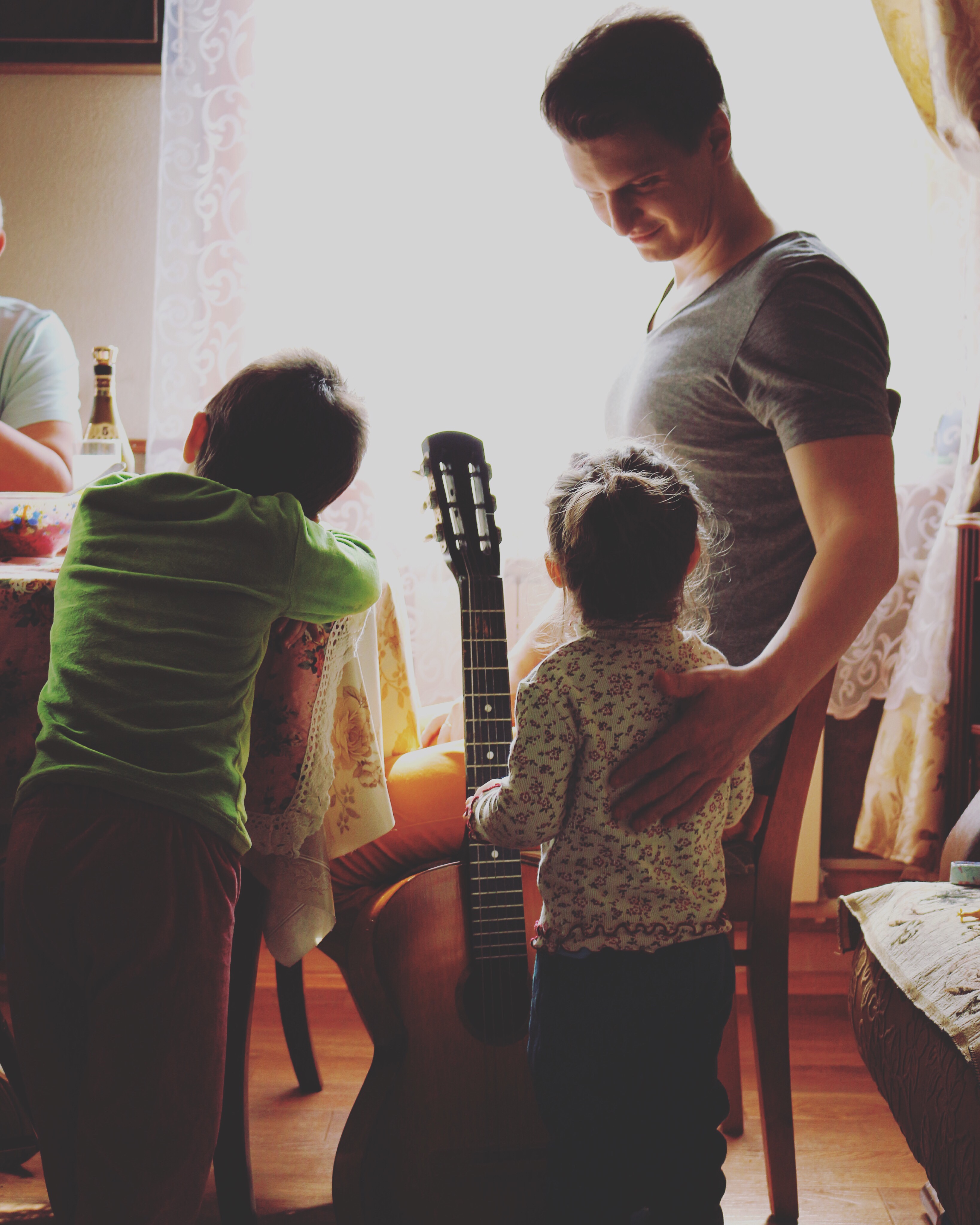
September 9, 2019 by Robert Franklin, JD, Member, National Board of Directors
Japan has long been a haven for parents who kidnap their children. I’ve written numerous times about that fact, but always in the context of international kidnapping. So, for example, a Japanese mother married to an American father and living in the U.S. can simply pack up the kids, move back to Japan and, effectively, Dad has no recourse. Yes, Japan signed the Hague Convention on the Civil Aspects of International Child Abduction, but, like so many other countries, refuses to enforce its terms.
This fine article not only supplies the reason Japanese courts do so, it lets us know that the same thing is happening to Japanese parents in Japan (Washington Post, 8/22/19).
The concept behind Japanese child custody law is this:
Traditionally, children are not viewed as individuals with rights, or as belonging to their parents, but as the “property of the household” where they live. As soon as children move to a new household, the estranged parent becomes an outsider, with no right to disturb the new one.
That tradition of course is entirely at odds with the biology of parent-child attachment. As Dr. Anna Machin has told us in her book The Life of Dad, pregnancy and affectionate care by Mom and physical interaction such as play (often rough and tumble play) produce increases in oxytocin in both parent and baby. Those are then reinforced with dopamine that gives a pleasurable sensation associated with the particular parenting behavior. Again, both adult and child get both the oxytocin and the dopamine. That’s part of the neurochemistry of parent-child attachment.
But Japanese tradition isn’t based on parent-child attachment; indeed, it runs afoul of it. If one parent takes the child from the other, then all of a sudden, one of the two most vital relationships in the child’s life is severed. It’s traumatic for the child, but Japanese law abets doing so and, unsurprisingly, many parents use it to their (if not the child’s) advantage.
Lawyer Akira Ueno says tens of thousands of Japanese children a year are effectively kidnapped by one parent, who then cuts off contact with the other parent. The second parent — often but not always the father — has no recourse to the authorities for help seeing their children, he says.
Japan’s Justice Ministry says its rules are designed to work in the best interests of children, and that when marriages end badly, it is more practical to give one parent the sole authority to raise their children. But studies show that depriving children of access to one of their parents can be traumatic and psychologically damaging, says Noriko Odagiri, a professor of clinical psychology at Tokyo International University.
“Children feel like their father abandoned them, that he doesn’t love them anymore,” she said.
Young children suffer behavioral problems and from a feeling of hopelessness, she said. Teenagers often drop out of school, and many have low self-esteem.
In short, Japanese law, tradition and courts effectively endorse kidnapping by one parent even though it’s detrimental to the child.
The same thing happens to non-Japanese parents, but they’re not burdened by the sense of stigma Japanese parent feel in trying to fight the legal system. The Post article reports on one French and one Italian father who are trying to change the system after their children were kidnapped.
A year ago, Vincent Fichot came home to an empty house in the Tokyo suburb of Setagaya. The Frenchman’s wife, 3-year-old son and 11-month-old daughter had vanished. All he had done, he said, was suggest that he might want a divorce.
He hasn’t seen or heard from his family since, and every effort to contact his children has been blocked by his wife, the courts and Japanese police.
“Abduction is child abuse,” he said in the course of several interviews about his case.
Tommaso Perina, an Italian resident of Tokyo, said his wife took their two children for a break at her parents’ house and a few days later decided she wanted a divorce.
Perina hasn’t seen his son and daughter since August 2017. Although a Japanese court granted him visitation rights, his wife has refused to accept the order, and has moved. The police will not tell him where she now lives, he said, or even talk to Italian Embassy officials.
Another dad, Jeffrey Morehouse found that the Japanese consulate in Portland had actively assisted his wife in abducting their children.
Jeffery Morehouse was living in Washington state, where he had won permanent custody of his son, Mochi. In June 2010, he dropped the 6-year-old off with his Japanese mother for a visit; she promptly took him to Tokyo.
Japan’s government refuses to help, even though its consulate in Portland, Ore., played a key role in the kidnapping by issuing the boy a passport in just one day.
That brings to mind our old friend Tommaso Vincente, whose Australian wife abducted their children to Australia with the knowing help of the Australian Embassy in Rome.
Fortunately, Fichot’s and Perina’s cases have become something of an international cause célèbre.
In June, French President Emmanuel Macron met with Fichot and other French fathers and raised their cases with Japanese Prime Minister Shinzo Abe, describing their situation as “unacceptable.”
Italian Prime Minister Giuseppe Conte also spoke with Abe about Italian parents’ rights at the Group of 20 meeting in the Japanese city of Osaka in June. Now, with French and Italian media outlets taking up the issue, the two European leaders are under pressure to speak up again when Group of Seven leaders meet in Biarritz, France, starting Aug. 24.
Japan is among the worst countries in the world for winking at child abduction. What much of the world understands to be child abuse, Japan actively promotes in its laws, customs and policies. It signed the Hague Convention in 2014, but has a poor-to-non-existent record of enforcement.
That needs to change. Here’s hoping international pressure will speed the process.












